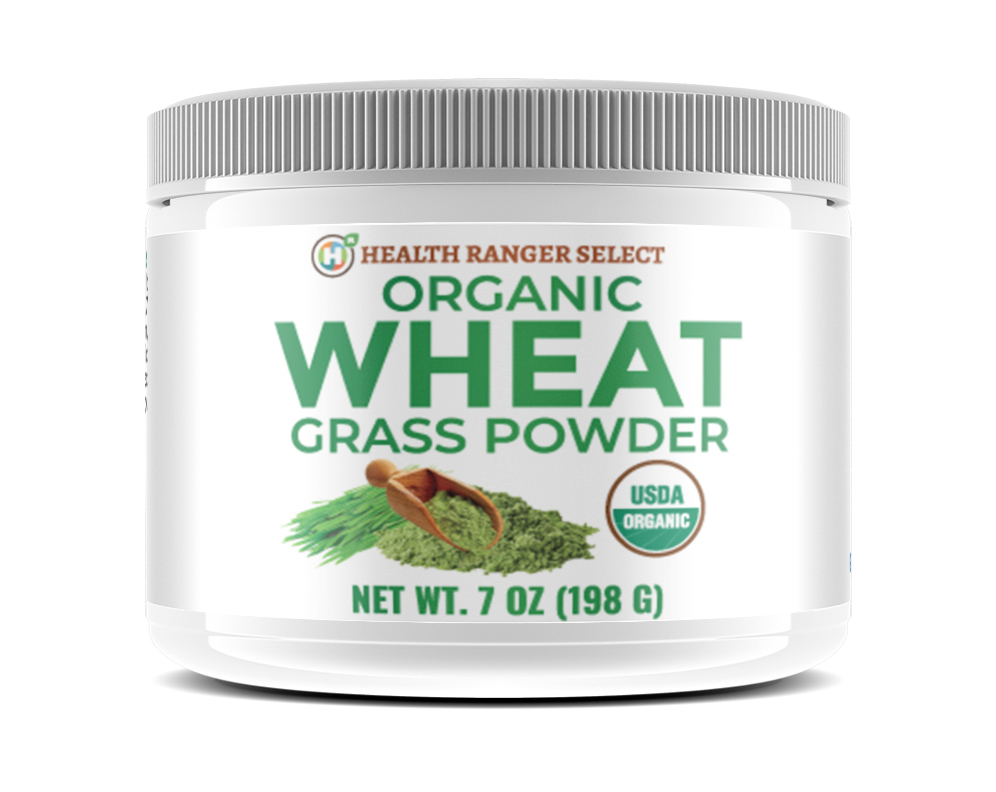Consumption patterns of people who eat mostly organic foods are linked to better nutritional and health profiles
01/21/2019 / By Ellaine Castillo

An increasing number of people are turning towards eating more organic foods because of their economic, environmental, and health benefits. These products, which were grown without the use of harmful pesticides, are considered safer and more nutritious than conventionally grown products. However, there is limited information regarding the direct health benefits of eating organic foods.
Previous studies have shown that people who consume organic products have an overall healthier lifestyle compared to non-consumers. However, the majority of these studies only looked at small populations and specific subgroups, such as pregnant women. Moreover, these studies focused only on consumption frequency and not the overall proportion of organic foods in the diet, which is believed to have a more significant impact on health. Putting these into consideration, researchers from the University of Paris 13, Avicenne Hospital, and Aix-Marseille University in France evaluated the effects of the degree of organic food intake on overall diet quality.
In their study, which was published in the journal Public Health Nutrition, researchers determined the food intake of more than 28,000 adults using an organic food frequency questionnaire. Afterward, the team divided the participants into five groups depending on the proportion of organic foods in their diet, with the groups having no, occasional, medium, high, or very high levels of organic food intake.
The researchers then proceeded to assess overall diet quality based on two scoring methods, namely the modified Programme National Nutrition Santé Guidelines Score and the probability of adequate nutrient intake. The former scores a person’s diet based on how well they adhere to dietary guidelines so it deducts points for consumption that goes beyond the recommended intake. Meanwhile, the latter focuses on whether the diet provides enough nutrients, such as protein, omega-3 fatty acids, fiber, B vitamins, calcium, and many others.
Upon analyzing the data, the researchers found that people who had higher levels of organic food consumption had an overall better diet quality. This manifested in stricter adherence to nutritional guidelines. The team also found that eating more organic foods leads to higher intake of plant-based foods like vegetables, soup, nuts, and wholegrain products. Meanwhile, there was reduced consumption of unhealthy foods like cookies and soda in groups with higher organic food intake.
Overall, these results show that organic food consumption is associated with better dietary behavior and could, therefore, have significant health benefits. However, further studies are needed to establish what these benefits are. (Related: Huge new study proves organic foods are healthier and more nutritious: results immediately attacked by chemical agriculture industry.)
Health risks associated with pesticides in food
The fact that organic foods are free from pesticides is a big enough reason to increase your intake of these foods. This is because a lot of scientific evidence proves that eating foods with pesticide residues can lead to the following health problems:
- Learning problems — Organophosphates are pesticides commonly found in commercially available fruits and vegetables. According to scientists, exposure to small amounts of this pesticide during childhood can lead to behavior and learning problems such as attention deficit hyperactivity disorder.
- Impaired nervous system — Exposure to organophosphates also inflicts damage on the nervous system. This often manifests in symptoms such as excess salivation, stomach pain, vomiting, constipation, and diarrhea.
- Increased breast cancer risk — A study published in the journal Environmental Health Perspectives showed that exposure to pesticide residues in food increases the risk of breast cancer. Foods that are known to retain higher amounts of pesticides include celery, peaches, berries, apples, peppers, greens, grapes and potatoes.
- Weakened immune system — Pesticide exposure can alter the immune system by reducing the number of immune cells that fight off infections. It also interferes with the development of the immune organs spleen and thymus.
Read more news articles on the benefits of going organic by visiting Organics.news.
Sources include:
Tagged Under: diet quality, dietary intake, dietary profiles, nutritional guidelines, organic food intake, organic foods




















